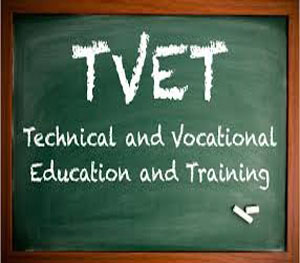Setting the minimum wage of skilled workers to be on parity with migrant skilled workers is a good move that will encourage the hiring of local talents. Such a policy would increase demand for employees from TVET institutions and encourage growth in this sector. As of now, the current stigma views TVET jobs as a safety net and part of the informal labour market and this could possibly see a shift in perception with a rise in wages for skilled workers. Improving the fluidity and functionality of the skilled labour market in Malaysia is a key priority towards achieving developed nation status. An increased minimum wage would also exert upward pressure on the median wage and encourage better worker remuneration across the board. CPPS was commenting on the announcement by Deputy Prime Minister Dauk Dr Ahmad Zahid Hamidi that the government was proposing a minimum wage of RM3,500 per month for Malaysian skilled workers.
However, the government ‘s policy attention to encourage more skilled workers should not be just about minimum wage. We need to have multi-dimensional views including enhancing the quality of TVET providers and the employability of its graduates, as well as supporting local businesses in undertaking investments in automation and smart technology so that there are enough jobs created for skilled workers. More young Malaysians will take up TVET if the career path of becoming skilled workers are made more rewarding financially. This will also gradually remove the stigma associated with TVET by the general public.






















